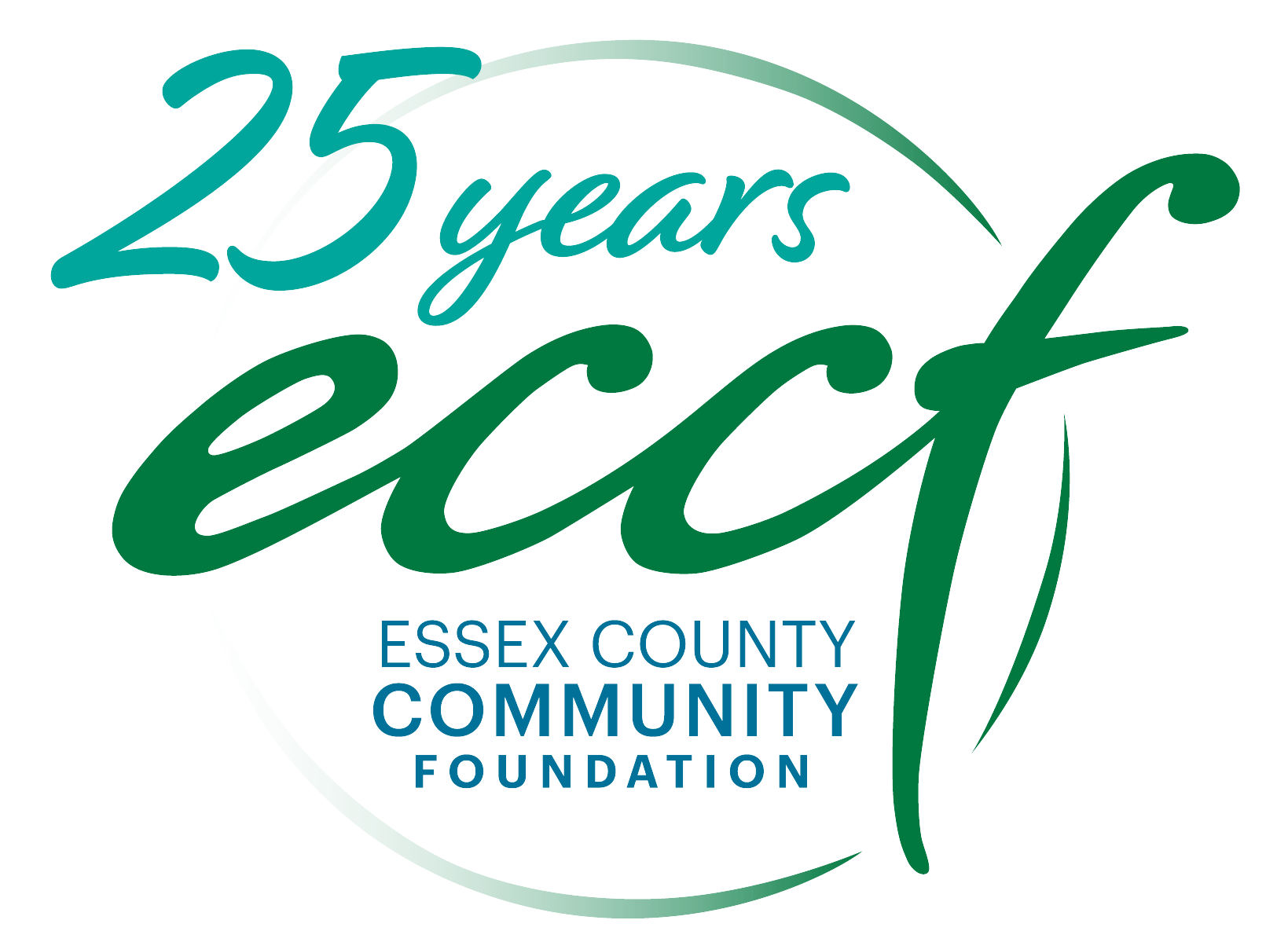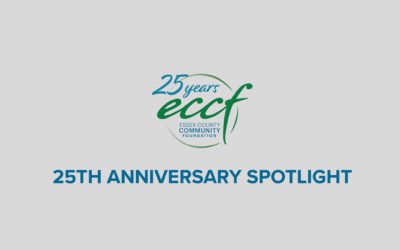By Michelle Xiarhos Curran
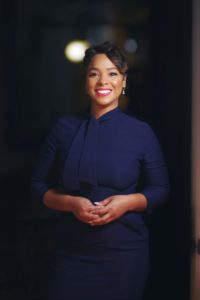
With the support of MCCI, Mabelyn Lopez has built a successful insurance company, based in Lynn.
Mabelyn Lopez is knowledgeable and passionate about insurance; she’s been in the business for 26 years.
“As many different agencies as I’ve worked for, something was missing,” she said. “One day I woke up and I said, ‘I’m going to open up an insurance agency.’”
And in 2021, that’s just what Lopez did. She sold her house and founded 4 Insurance LLC, based in Lynn. Her business quickly took off. So, Lopez contacted the Enterprise Center at Salem State University and Executive Director Laura Swanson connected her with Aaron Lackman, commercial services manager at Mill Cities Community Investments (MCCI), a nonprofit community development financial institution. Working capital, they agreed, would be critical to continued growth.
Based in Lawrence and serving all of Essex County, MCCI helps fill the capital access gaps that frequently exist in low-to-moderate income and under-resourced communities, where residents and entrepreneurs face immense challenges in accessing funding from traditional banks.
According to a recent survey of 3,243 small businesses by MassINC Polling Group, 60% of respondents said funding was a major concern. That number spikes when you look at the percentage of Latino (88%), Black (85%) and Asian (77%) small business owners who are concerned about funding, versus 55% of whites.
To support small business owners and entrepreneurs – which in turn support their communities – MCCI offers four Community Business Loan programs in Lawrence, Haverhill, Salem and Lynn, with plans to expand in the near future.
“What differentiates these loan funds from traditional loans is the buy-in and collaboration from the whole community – local municipalities, banks, foundations, nonprofits and other business support organizations,” said Lackman.
With her loan, Lopez, who was recently named Woman Business Owner of the Year by the North Shore Latino Business Association, was able to hire Efrandis “Chary” Castillo, a full-time licensed insurance representative.
“We quickly continued to grow once she got here,” said Lopez, who focuses on educating consumers about insurance, especially those in the Hispanic community, where, she says, there is a big need. “Chary is bilingual and helping with the Spanish-speaking clients, which is huge.”
In addition to funding, these loans come with a host of technical assistance – provided by community-based organizations interested and invested in seeing small, local businesses succeed.
“Small businesses serve as the heart of our cities and towns,” said Stratton Lloyd, executive vice president and COO of Essex County Community Foundation, which is a partner in this collaborative work. “When they are strong, when they have the right tools and resources to succeed for the long-term, the whole community thrives.”
Technical assistance might include marketing and technology support, legal and financial services, networking and so much more.
“A lot of the start-ups need the technical assistance with business plans,” said Elsabel Rincon, MCCI’s business development lending officer.
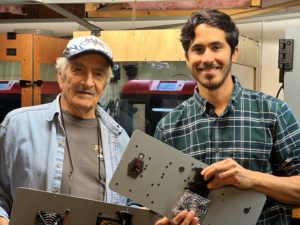
Gus Munoz (right) and his business partner, Ed Rita (left), started Makergadgets, a Salem-based producer of sealed enclosures for 3D printers.
“I used all the resources and it was huge,” said Gus Munoz, founder and CEO of Makergadgets, a Salem-based producer of sealed enclosures for 3D printers.
He closed on his Community Business Loan this summer. In the spring, cash-strapped and low on product, Munoz – a software engineer that built Makergadgets from the ground up with his 84-year-old business partner, Ed Rita, and the support of friends Andre Loli, Michael Rodriguez, Roberto Domingues and Tamara Konyukhova – thought about closing up shop. But the demand for the enclosures, which include air quality control and help make 3D printing safer, was still there. And after months and months of building prototypes in the basement of his Salem home – where Makergadgets is still largely based today – he believed in their product, which has since been purchased by companies like Apple, Texas Instruments, Boeing and state universities across the country.
“Because of MCCI, we’re back in business,” said Munoz. “This loan basically got us the next generation of products.”
It’s also leveraged additional funding from Harvard Business School’s Impact Investment Fund.
“If it weren’t for the loan from MCCI, Harvard wouldn’t have taken us seriously,” said Munoz.
Most any type of business can qualify for a Community Business Loan, with a few restrictions that can be found on MCCI’s website. Applicants must demonstrate that the community will benefit from the business, that they have the willingness and capability to repay the loan and that the business owner can make a 20% investment.
In Lynn and Salem alone, more than $400,000 in loans have been distributed to small business owners, with many more in the pipeline. Lackman said that in the last six months, applications have started to pick up.
Both Lopez and Munoz have big plans for their ventures. In the next five years, Lopez sees herself buying another insurance agency and hiring more fulltime staff. Munoz will use his funds from Harvard to develop and implement a business marketing plan. He hopes one day to make Makergadgets his fulltime gig.
“Small business continues to be the backbone of our economy,” said Lackman. “These community loan funds are a great example of what can be accomplished when several organizations align around a mission, to get money in the hands of small business owners that represent the demographics of their community.”
For more information about Mill Cities Community Investments’ Community Business Loans, including the list of partners that help make them happen, visit mccinvest.org.
The Details – Lynn and Salem Community Business Loans
- Amount: $5,000 to $100,000
- Terms: 1 to 5 years
- Interest Rate: Fixed, 3 points above WSJ Prime Rate at time of loan closing
- 1% Closing fee
- No Application Fee
